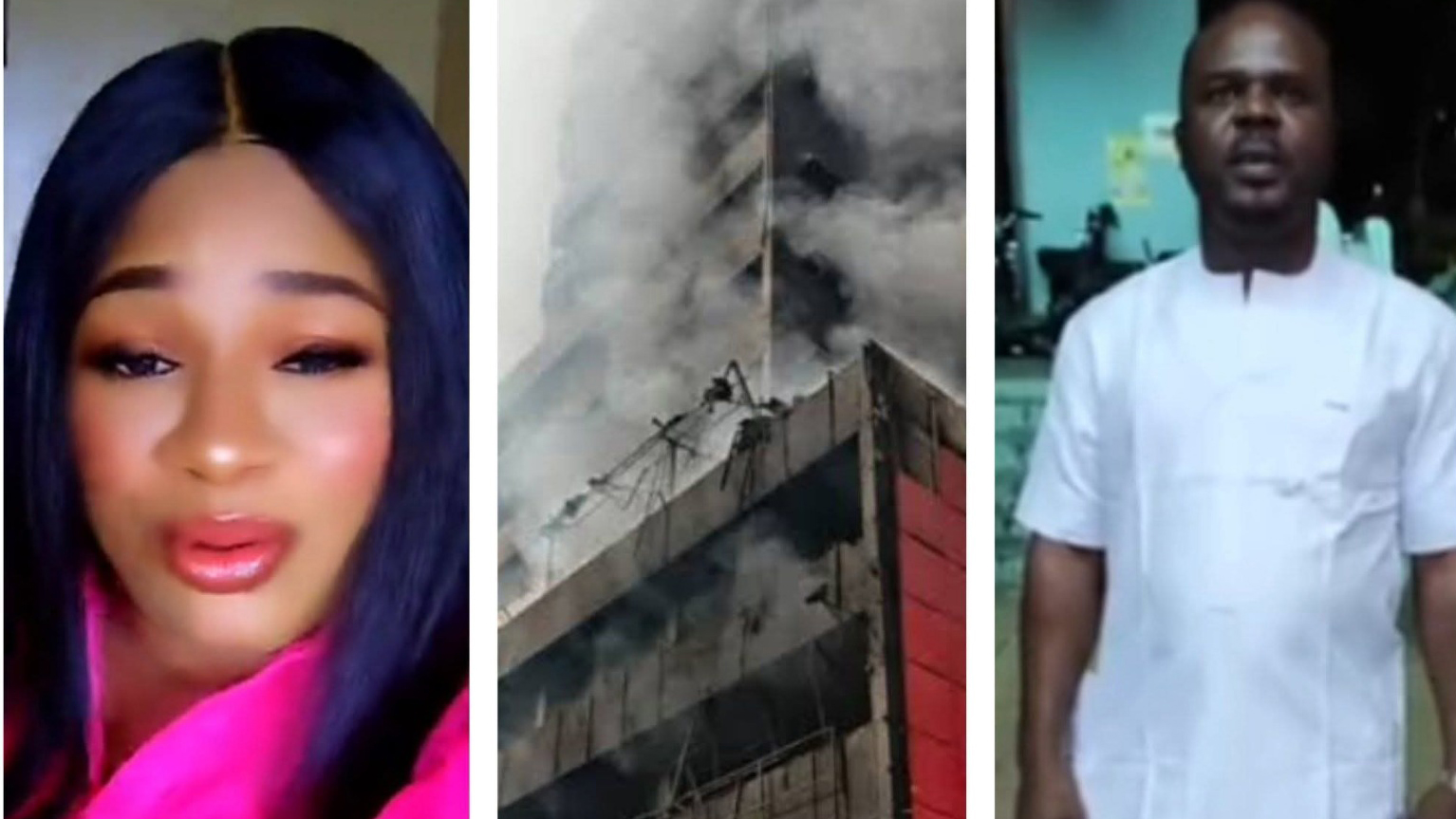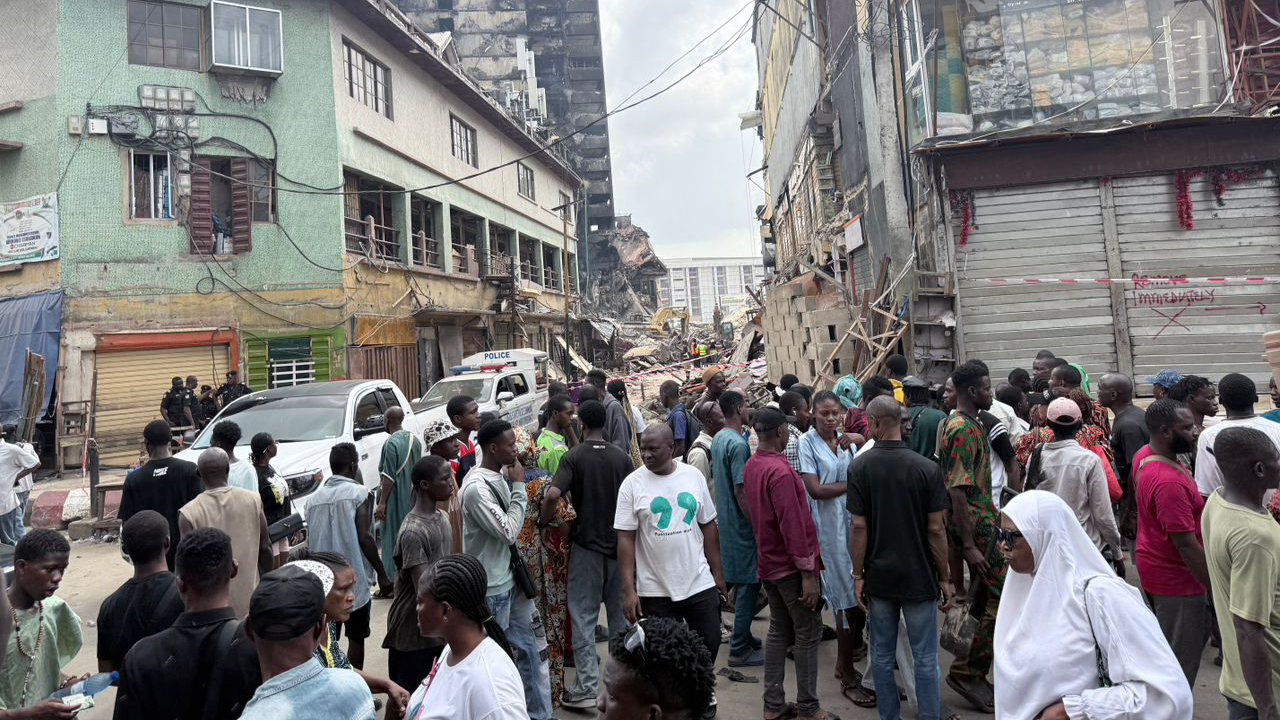Former Foreign Affairs Minister and chieftain of the defunct Social Democratic Party (SDP), Alhaji Sule Lamido, has offered a gripping insider account of the final days of General Ibrahim Babangida’s regime, revealing how a broad coalition of civil resistance and political defiance ultimately forced the military ruler to resign in the wake of the annulled June 12, 1993, presidential election.
In his recently published memoir, Being True to Myself, Lamido, who served as the National Secretary of the SDP during the crisis, recounts how Babangida deployed a wide range of tactics to hold onto power after cancelling the election believed to have been won by Chief MKO Abiola.
“From the National Assembly to traditional rulers and market women led by Alhaja Mogaji Tinubu, IBB tried to use every institution to justify his continued stay in office,” Lamido writes. “When the Senate President, Dr. Iyorchia Ayu, refused to play along, they removed him. Still, we insisted—on June 12 we stand.”
According to Lamido, the pressure on the regime mounted daily, with protests erupting across the country and both the SDP and opposition leaders refusing to recognise any outcome other than the declaration of Abiola as president.
Amid the growing chaos, Lamido was invited to the Villa by Babangida. What followed, according to him, was a tense one-on-one encounter that laid bare the desperation in the corridors of power.
“Sule, how is Nigeria?” Babangida reportedly asked.
“Sir, you are Nigeria,” Lamido responded. “The people are saying you should go.”
The exchange stunned the dictator. “No Nigerian can say that to me,” IBB told him. “Even if this is madness—it’s original.”
Lamido described how the military leader, sensing the collapse of his grip, began exploring ways to exit the stage without appearing defeated. High-level meetings were convened between the leadership of the SDP, the rival National Republican Convention (NRC), and senior military officers, including Generals Sani Abacha, Aliyu Gusau, and David Mark.
But the distrust within the military itself, Lamido claims, was just as intense.
“Each general spoke to me privately, asking me to ensure that Abacha steps down too after IBB,” Lamido said. “None of them trusted each other. Everyone had an agenda.”
In one of the meetings, he confronted SDP National Chairman Tony Anenih over plans to exclude fiery party figures like Abubakar Rimi and Jim Nwobodo from negotiations. “I told Anenih that if Rimi and Jim were not part of the team, I wouldn’t attend either,” Lamido recalls.
Eventually, Babangida announced that he would “step aside,” handing over to an Interim National Government (ING) headed by Chief Ernest Shonekan, a respected business executive. Lamido, however, insisted the ING was not a product of political consensus but a last-minute creation of Babangida to avoid the appearance of total defeat.
“SDP never nominated Shonekan. He was imposed on us by the military,” Lamido writes.
He also revealed that he rejected an offer to serve in the ING as Minister of Youth and Sports—a position communicated to him by Major General Shehu Musa Yar’Adua—on the grounds that it would be morally wrong to serve in a government that had stolen his party’s mandate.
“Serving in that government would have betrayed everything we stood for,” he said.
The Shonekan-led ING lasted only a few months before being toppled in a palace coup by General Sani Abacha, ushering in what would become Nigeria’s most repressive military dictatorship.
Lamido’s account offers rare insights into the complex power plays, betrayals, and brinksmanship that surrounded Nigeria’s most controversial transition, presenting a detailed view of how pressure from within and outside the system brought down a seemingly unshakable military regime.






